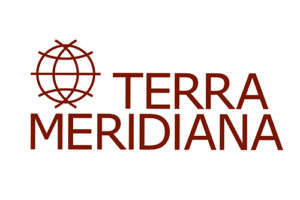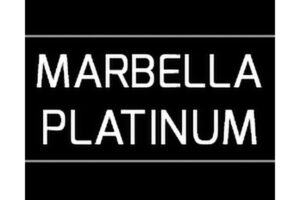In 2024, people living in Andalucía will get to enjoy 12 public holidays – 10 of these are Spanish National holidays, and two are celebrated only in the region of Andalucía. Two fall on a Tuesday, allowing for holiday bridges known as puentes, and four fall on a Monday or Friday, providing a three-day weekend.

However, in reality there is hardly a day in the whole year when a town in Andalucia is not celebrating a fiesta. There are over 3,000 fiestas celebrated each year in the region. Every town and village has at least one patron saint and each saint has its own special day where businesses close and processions and parties fill the streets. It’s not only fiestas but carnivals, pilgrimages, religious processions and even mock battles between Moors and Christians.
Marbella’s patron saint is San Bernabé (Saint Barnabus), and every year on June 11th, Marbella pays homage with a weeklong fair. As for Málaga, Ciriaco and Paula were named the patron saints by the Catholic Kings in 1490. Ever since 1507, there has been a yearly procession in the city honouring these patron saints.
In this article we just list the public holidays which are officially celebrated everywhere in Andalucia.
Article by Sophie Gatward-Wicks
What are puentes?
Puente, meaning bridge in Spanish, is a term used to connect a public holiday with a weekend, literally to bridge the gap in order to have an extended four-day weekend.
If a public holiday falls on a Thursday or Tuesday, it is customary for businesses to allow workers to ‘bridge the gap’, by taking one day’s leave either before or after the weekend. In Spain, and particularly within Andalucía, work-life balance is held in high regard, so many businesses will honour this, although it is completely down to the individual city, town, village or business owner. For this reason, you may find certain places closed, whilst others remain open.
January 2024
1st (Monday) – New Year’s Day
6th (Saturday) – Epiphany of the Lord
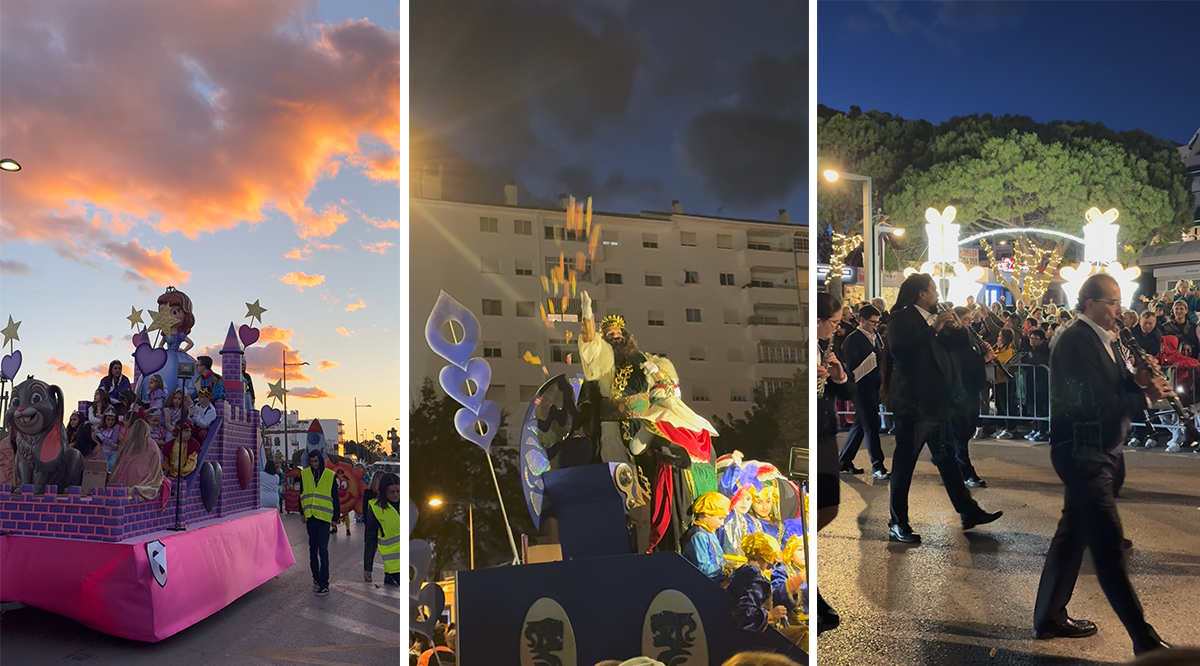
Día de Los Reyes – The Three Kings’ Day or Reyes Magos, also known as Epiphany, is said to be the day when the three Wise Men or Three Kings arrived in Bethlehem to give their gifts to baby Jesus. In Spain, this is a massively important celebration and holiday. Everybody knows the Three Kings names, Balthazar, Caspar and Melchor, as they traditionally bring Spanish children their presents, not Santa Claus. Although these days, with Father Christmas so ingrained in popular culture, they may just be lucky enough to receive presents on both days!
On Kings Day eve, January 5th, there are parades throughout the whole of Spain, signifying the arrival of the three Kings. The decorated floats head down the streets lead by marching bands, as gifts and sweets are thrown into the crowds. We enjoyed one of our local processions here on the Costa del Sol held in Estepona.
February 2024
28th (Wednesday) – Dia de Andalucía
On this day in 1980, there was a referendum held where a large majority of voters supported the move for Andalucía becoming an autonomous community in Spain, making it independent and self-governing.
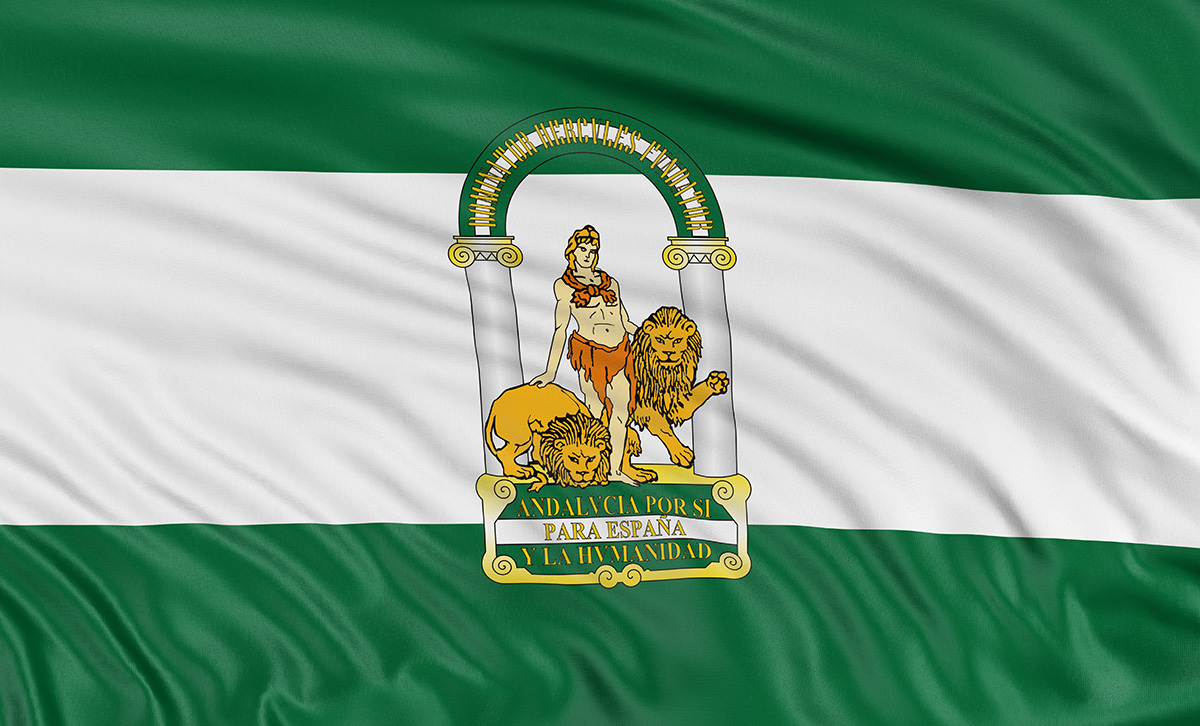
Andalucía has its own distinct flag of horizontal green and white stripes, and in the centre a coat of arms, which consists of an image of the mythical Greek hero Hercules between two columns. The columns represent the Pillars of Hercules which symbolise the rocks on either side of the Straits of Gibraltar. This iconic flag can be seen decorating railings, balconies and flag poles throughout the region.
March 2024
28th (Thursday) – Holy Thursday
Jueves Santo is the most significant day of the Easter week – Semana Santa. Which begins this year on Sunday March 24th, and ends on Saturday March 30th, marking the seven days leading up to Easter Sunday on March 31st.
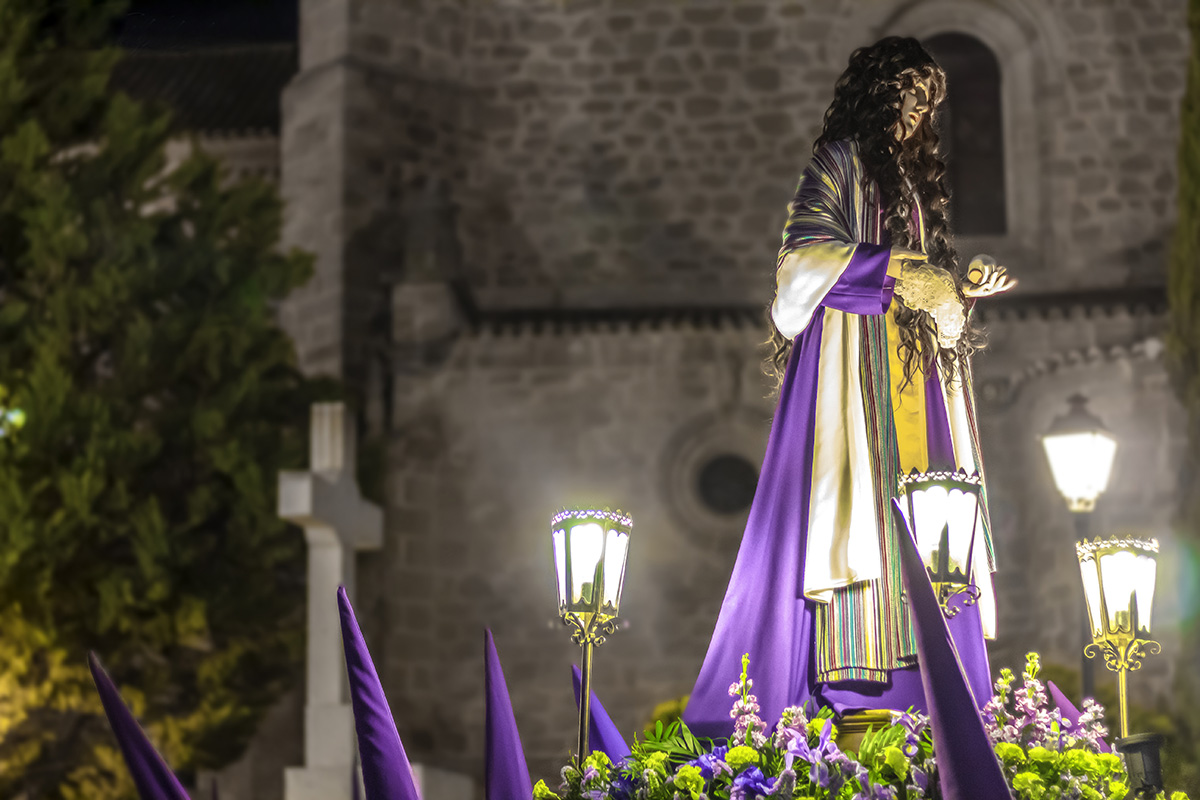
Holy Thursday, also known as Maundy Thursday or Good Thursday, commemorates the last supper Jesus shared with his disciples. The night of Holy Thursday is the night Judas betrayed Jesus in the Garden of Gethsemane.
Holy Thursday leading into Good Friday has processions that run through the night which are so extreme in their historical reference that during this week, Málaga, Granada and Sevilla are declared of “International Tourist Interest”.
29th (Friday) – Good Friday
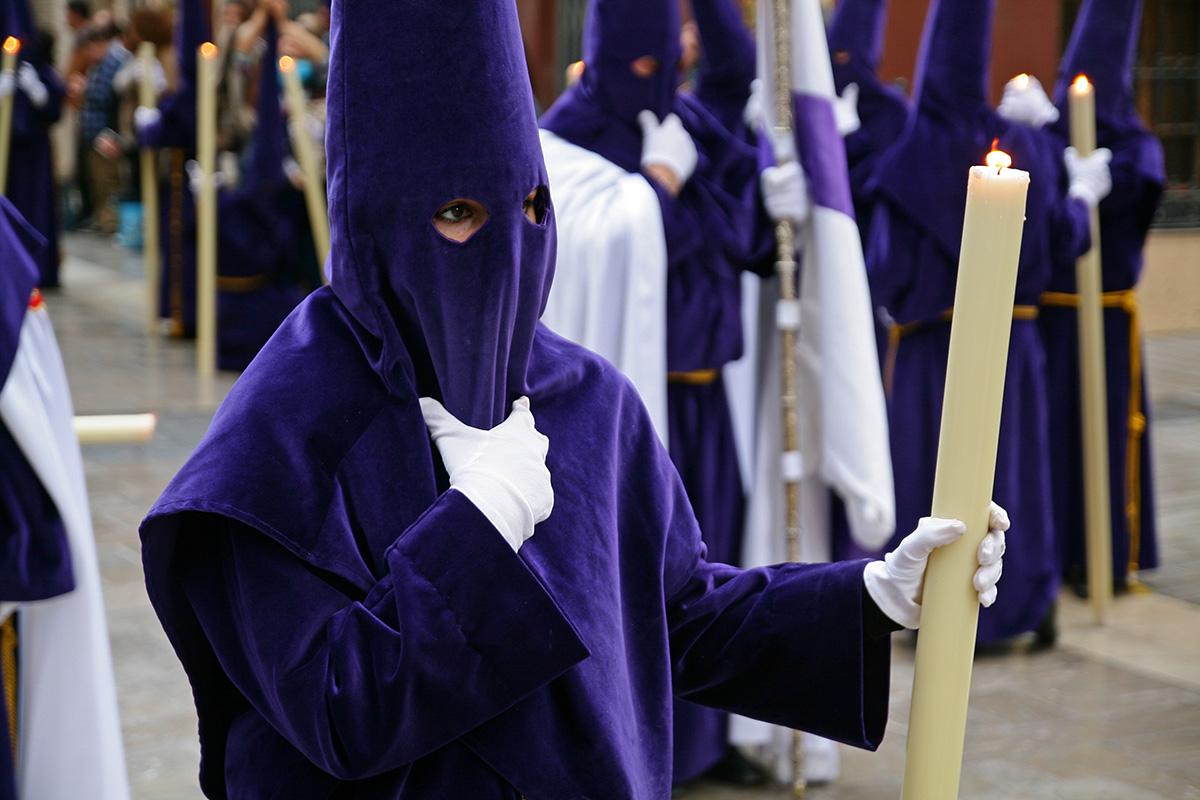
Viernes Santo, honours the day Jesus died on the cross, and is a day of fasting and repentance for sinful acts. In a penance procession, penitents wear long hooded robes and march through the streets carrying wooden crosses. The processions consist of nazarenos (hooded figures) walking mainly with statues of Jesus or the Virgin Mary; and marching brass bands, depicting scenes of the Passion of Christ: the arrest, sentencing, flagellation, carrying the cross, crucifixion, and resurrection.
May 2024
1st (Wednesday) – Worker’s Day

Día del Trabajo, also known as Labour Day, May Day and more generally International Worker’s Day, commemorates the struggles and gains made by workers and the labour movement. In Europe, May 1st was historically associated with rural pagan festivals, and the return of Spring, but the original meaning of the day was gradually replaced by the modern association with the labour movement. May 1st was chosen to be International Workers’ Day to commemorate the 1886 Haymarket affair in Chicago. In that year, the first day of May was the start of a general strike for the eight-hour workday.
August 2024
15th (Thursday) Assumption of Mary
Asunción de la Virgen or The Feast of the Assumption, is recognized as one of the Catholic Church’s ‘holy days of obligation,’ urging the faithful to participate in mass. In 1950, Pope Pius XII established the dogma of the ‘Assumption of the Blessed Virgin,’ signifying the belief that the Virgin Mary was taken both body and soul into heaven upon the conclusion of her earthly life. This holiday essentially celebrates the anniversary that Mary ascended up to heaven. Many churches will present a statue of Mary on the altar and as Andalucía loves a party, processions on the streets with music, dancing and local delicacies will be accompanied by fireworks either in the day or the evening.
October 2024
12th (Saturday) Spain’s National Holiday
Día Nacional de España, known as Fiesta Nacional de España, celebrates the Spanish people, their unity and fraternity and the country’s history and achievements. It also highlights Spain’s ties with the international community and reconfirms Spain’s commitment to its future.
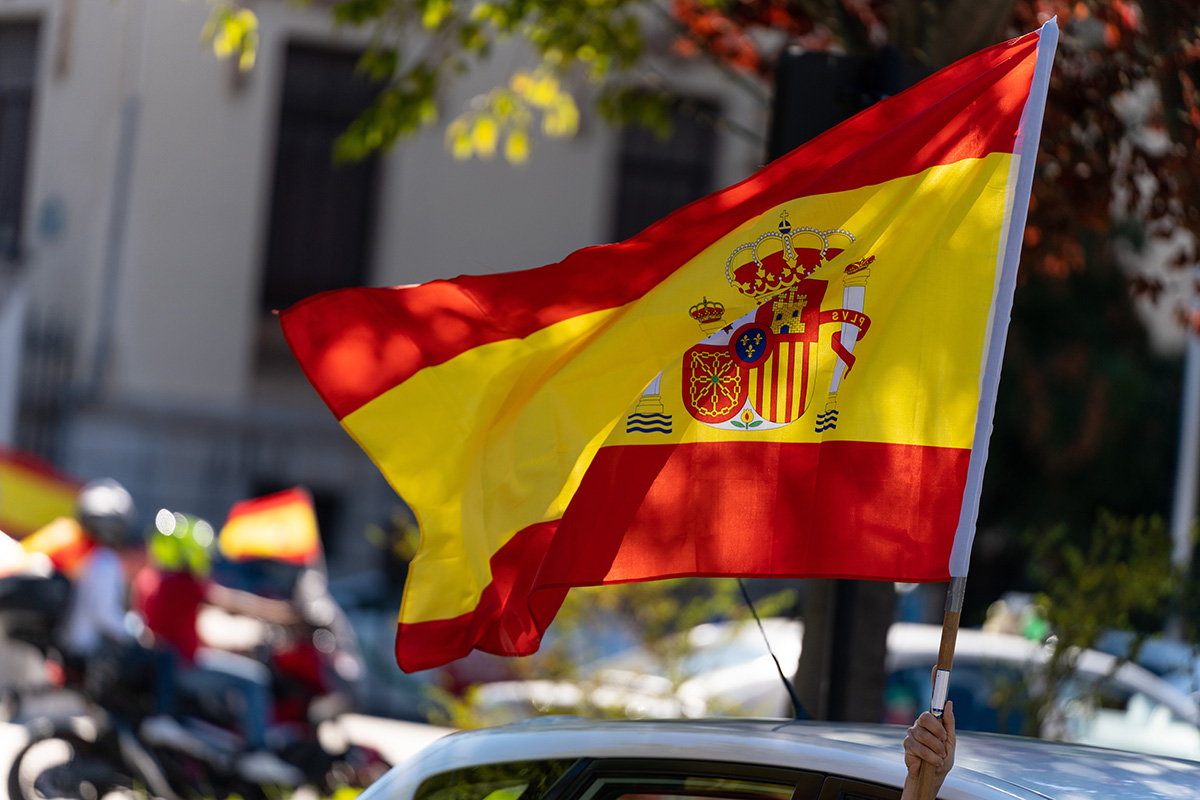
Spanish law declares: “The date chosen, October 12, symbolizes the historical anniversary on which Spain, about to conclude a process of State construction based on our cultural and political diversity, and the integration of the kingdoms of Spain into the same monarchy, begins a period of linguistic and cultural projection beyond the boundaries of Europe.”
October 12 is also the official Spanish language day, as well as the Feasts of both Our Lady of the Pillar and the Virgin of Zapopan AND the Day of the Spanish Armed Forces.
November 2024
1st (Friday) – All Saints Day
Día de Todos los Santos is a cherished and emotional holiday, honoured throughout Andalucía. It is traditional to visit the cemetery of lost loved ones, placing fresh flowers or lighting candles at their burial site and often cleaning their grave stones. It’s the biggest day of the year for florists as the entire country comes together to pay respects to their lost loved ones. The Feast of All of the Saints is held on this day, and is centred around remembrance of family members which have passed on. One of the enduring customs is the communal gathering around roaring bonfires, roasting chestnuts.
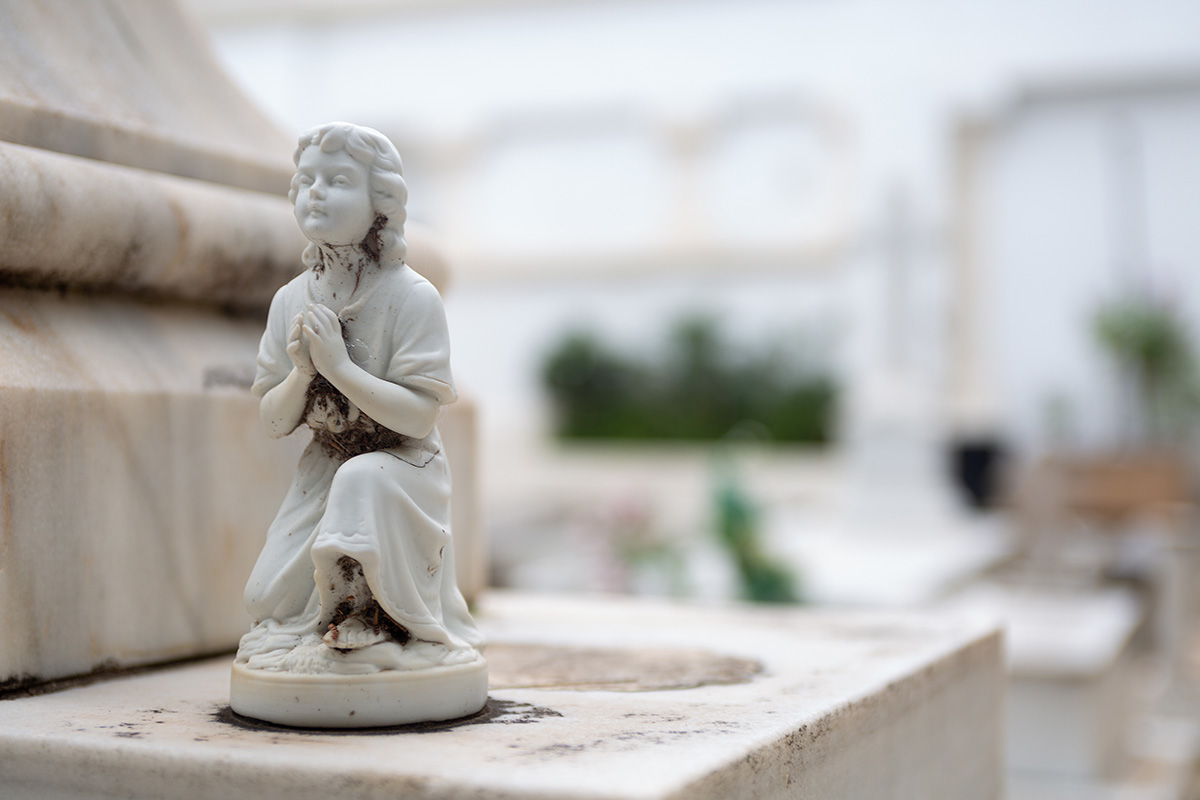
We have frequently highlighted the character of the Andalusians: Their warmth, friendliness, kindness and positive disposition. Though their family units are an entire subject deserving of its own spotlight. Families in the South of Spain share exceptionally close and tight-knit bonds, coming together at least once a week, always finding a reason to pop by or grab a coffee together. The families tend to be large and it is abnormal for family businesses to stray from the next generation. They feel a deep rooted purpose in family values, finding fulfillment in togetherness. They even refer to their close friends as primo or prima, meaning cousin.
December 2024
6th (Friday) – Constitution Day
Día de la Constitución celebrates Spain’s new era as a democratic nation since 1978. The national holiday marks the day when the country’s constitution was approved by the Spanish people via referendum on December 6th, 1978. This happened after the fall of the Francisco Franco dictatorship, following his death in 1975. To think that only 50 years ago, the country was still under the thumb of Franco. In terms of Western democracy, Spain is still very young.
8th (Sunday) – Immaculate Conception (Holiday moved to the Monday, December 9th)
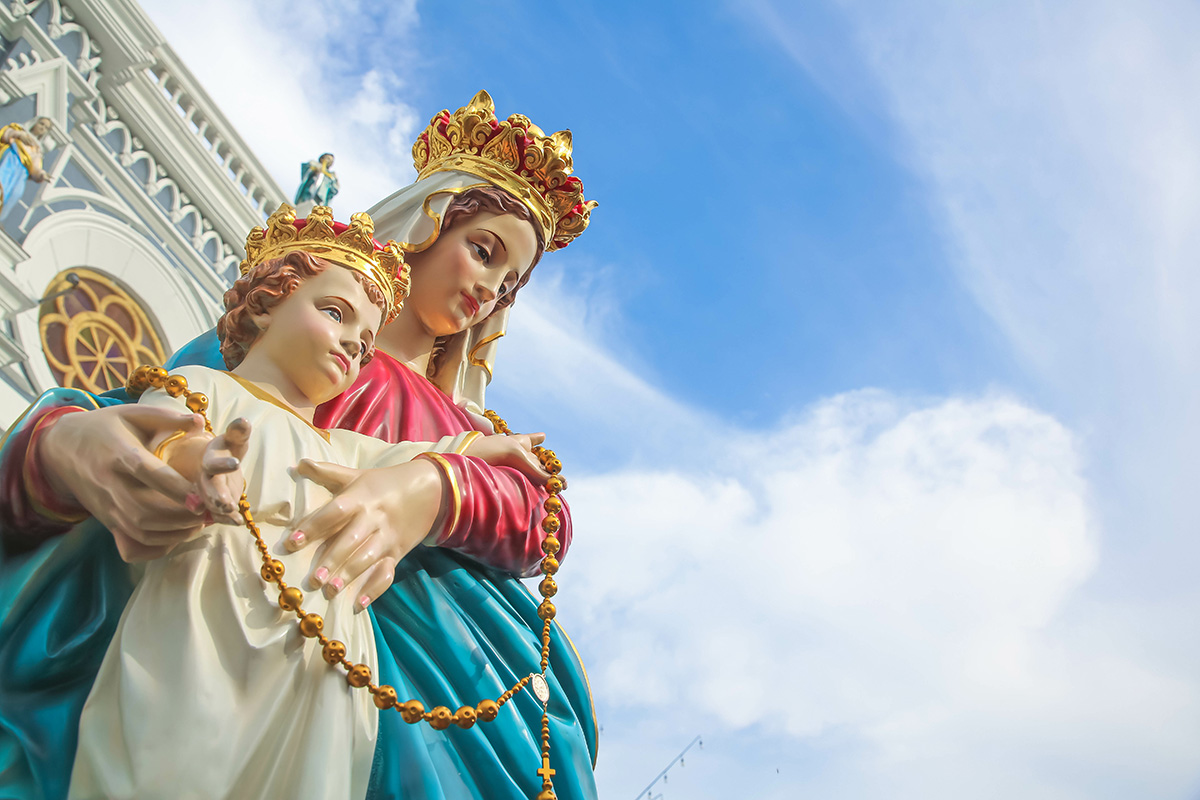
Día de la Inmaculada Concepción, or The Feast of the Immaculate Conception is rooted in the belief that the Virgin Mary, mother of Jesus, was herself conceived without original sin. Contrary to popular belief which has people thinking it celebrates the conception of Jesus Christ, it actually celebrates the conception of his mother Virgin Mary. The date is exactly nine months before Mary’s believed birth, on September 8th. Churches across the country hold special masses and processions.
25th (Wednesday) – Christmas Day

Christmas – Navidad, perhaps the happiest time of year in the South of Spain, as the weather is notoriously good, but it’s just chilly enough to wear your favourite knitted jumper whilst sipping your mulled wine in the sunshine. Although the Spanish traditionally exchange gifts on King’s Day, Christmas Day is just as special and relevant to the cultural traditions of Spain’s Christian-Catholic roots. You can expect all the classics like Christmas markets, festive parties and events, traditional Christmas food of every nationality, ice skating rinks, Christmas decorations, enchanting light shows and visits from Santa Claus a.k.a Papa Noel. Themed music and live bands, Christmas trees, spiced wines, mistletoe and festive vibes are all part and parcel of the wonderful holidays experienced here in the beautiful and vibrant region of Andalucía.




















